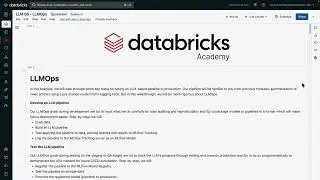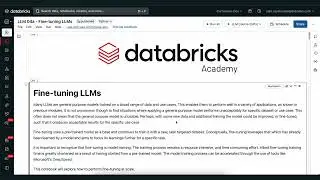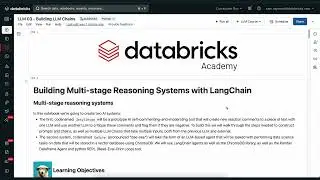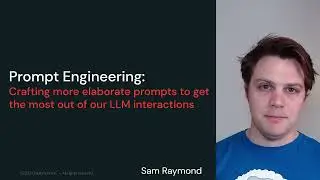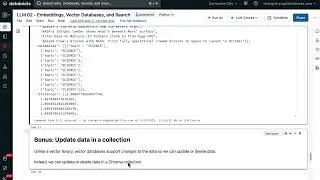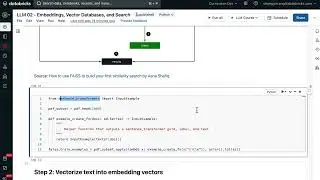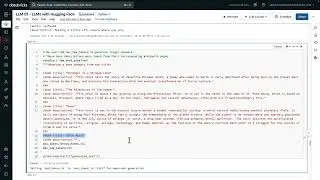Using Open Source Tools to Build Privacy-Conscious Data Systems
With the rapid proliferation of consumer data privacy laws across the world, it is becoming a strict requirement for data organizations to be mindful of data privacy risks. Privacy violation fines are reaching record highs and will only get higher as governments continue to crack down on the runaway abuse of user data. To continue producing value without becoming a liability, data systems must include privacy protections at a foundational level.
The most practical way to do this is to enable privacy as code, shifting privacy left and including it as a foundational part of the organization's software development life cycle. The promise of privacy as code is that data organizations can be liberated from inefficient, manual workflows for producing the compliance deliverables their legal teams need, and instead ship at speed with pre-defined privacy guardrails built into the structure of their preferred workflows.
Despite being an emerging and complex problem, there are already powerful open source tools available designed to help organizations of all sizes achieve this outcome. Fides is an open source privacy as code tool, written in Python and Typescript, that is engineered to tackle a variety of privacy problems throughout the application lifecycle. The most relevant feature for data organizations is the ability to annotate systems and their datasets with data privacy metadata, thus enabling automatic rejection of dangerous or illegal uses. Fides empowers data organizations to be proactive, not reactive, in terms of protecting user privacy and reducing organizational risk. Moving forward data privacy will need to be top of mind for data teams.
Talk by: Thomas La Piana
Here’s more to explore:
Data, Analytics, and AI Governance: https://dbricks.co/44gu3YU
Connect with us: Website: https://databricks.com
Twitter: / databricks
LinkedIn: / databricks
Instagram: / databricksinc
Facebook: / databricksinc










